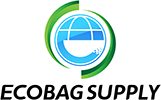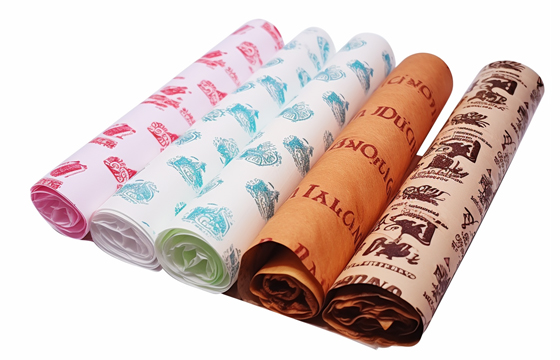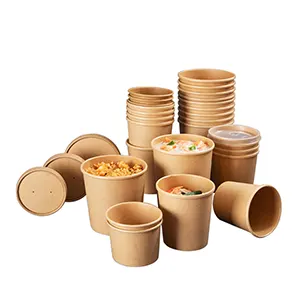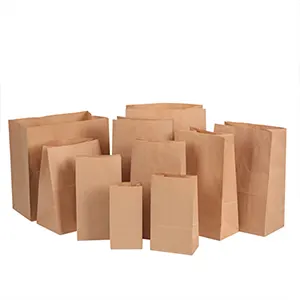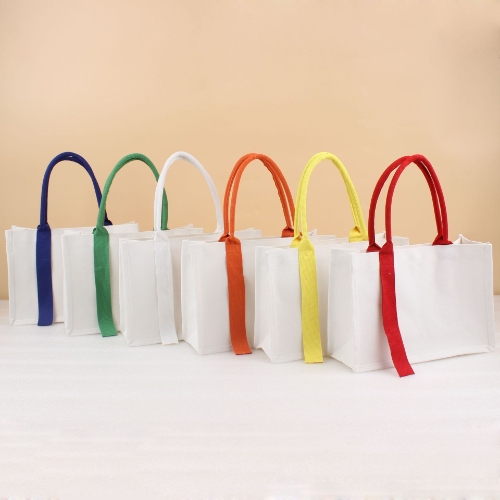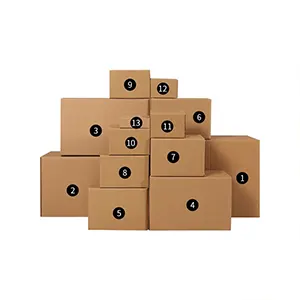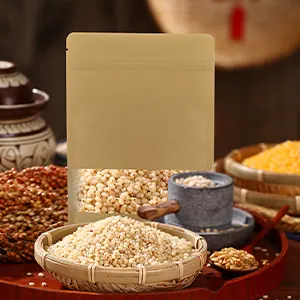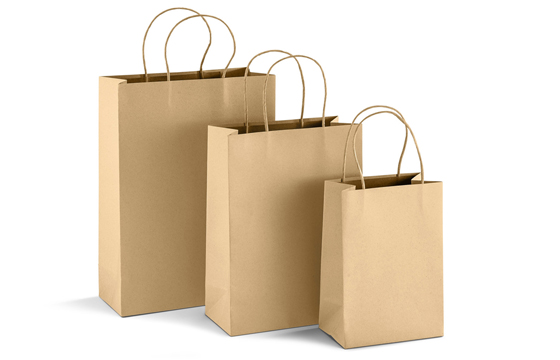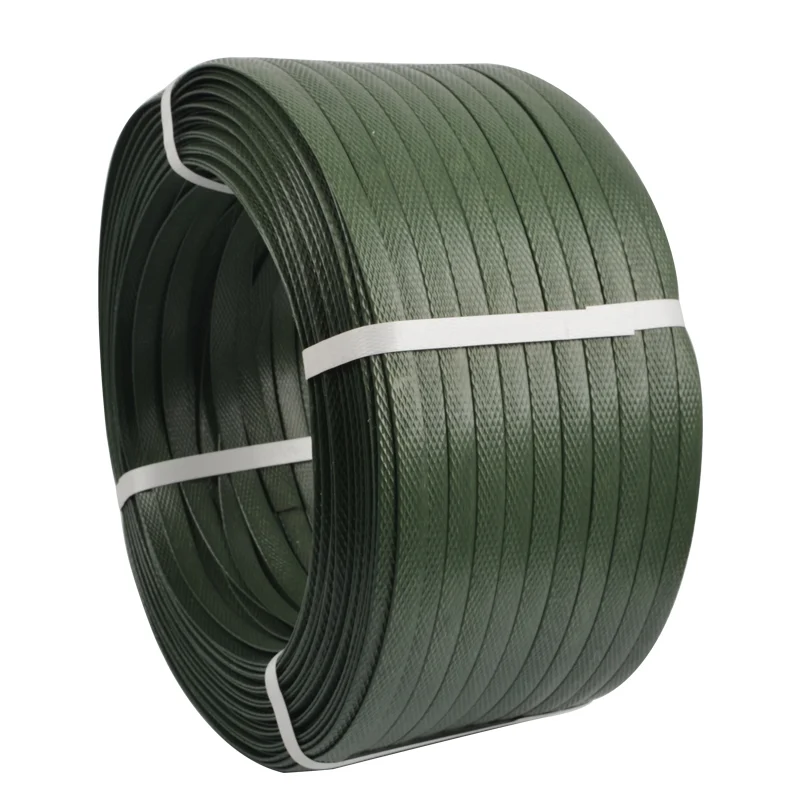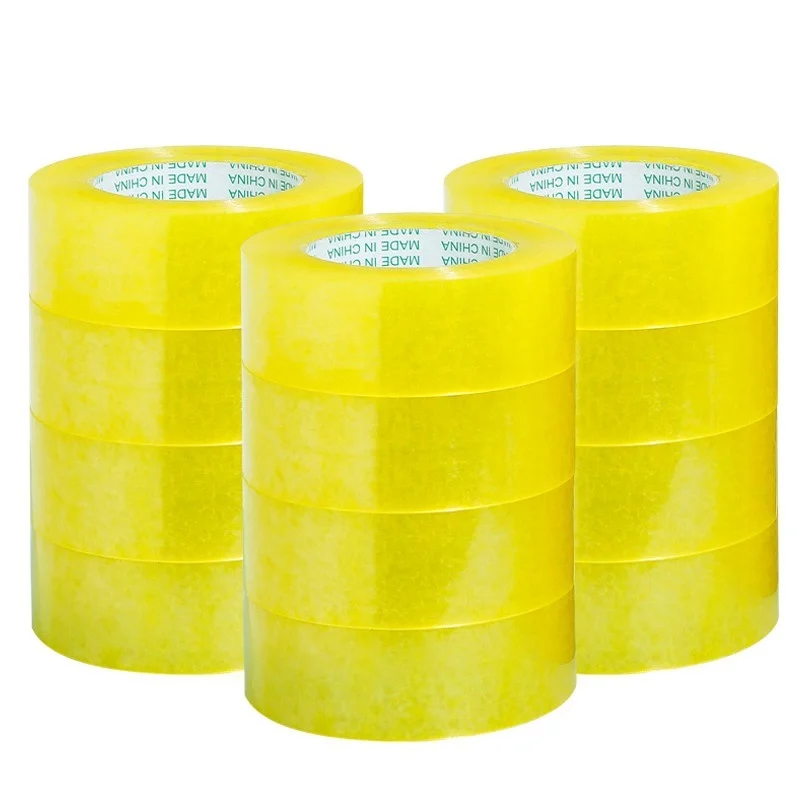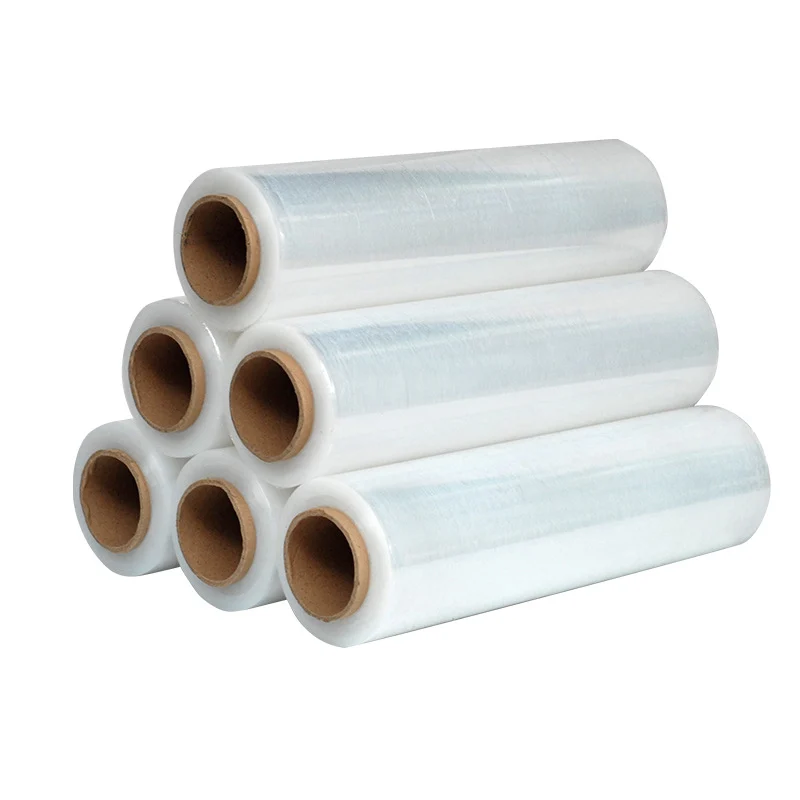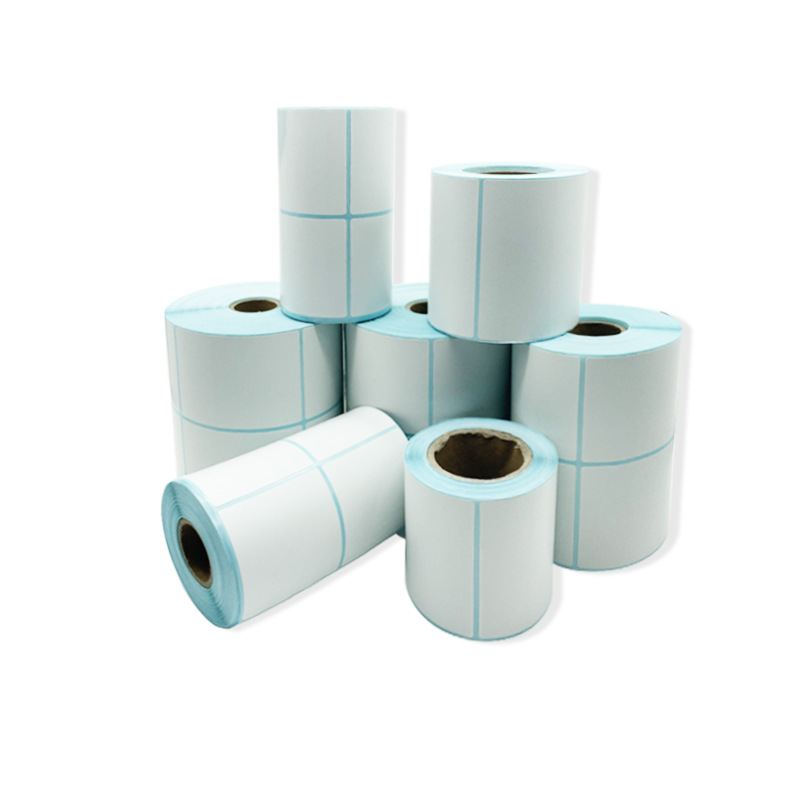Impact of Reusable Grocery Bags on the Environment
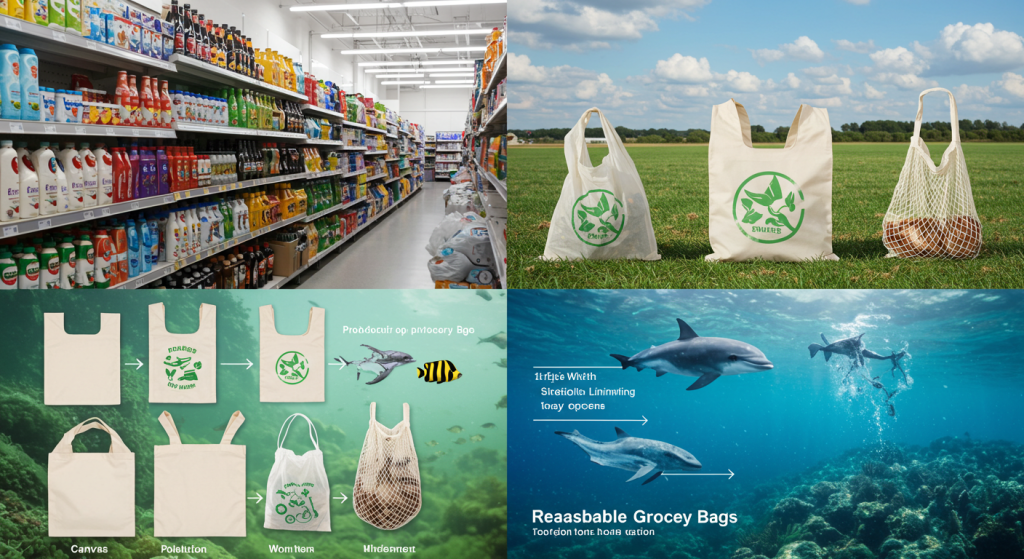
Plastic grocery bags suffocate our planet, with 5 trillion used globally each year, per the United Nations Environment Programme (UNEP), clogging oceans and harming wildlife for centuries. Reusable grocery bags—like organic cotton totes and mesh produce bags—are a game-changer, slashing waste and fostering a zero-waste lifestyle. Their environmental impact is profound, reducing plastic pollution, lowering carbon emissions, and protecting ecosystems. These eco-friendly grocery bags align with plastic bag bans and empower sustainable choices. This post dives into how reusable bags transform our planet’s health, their benefits, practical tips for use, and top options for eco-conscious shopping. Ready to reduce plastic pollution and make every grocery trip count? Discover the reusable bags’ environmental impact and start your sustainable journey with tools that make a real difference.
Why Reusable Bags Matter for the Environment
Reusable grocery bags are critical for environmental health. Single-use plastic bags, contributing to 100 billion units of U.S. waste yearly, per the EPA, pollute oceans and landfills. Reusable bags, like cotton totes, reduce this waste, with one bag replacing thousands of plastics, per a 2014 UK Environment Agency study. They’re made from biodegradable or recyclable materials, minimizing long-term harm. Organic cotton bags use 91% less water than conventional cotton, per the Textile Exchange, conserving resources. Reusable bags align with a zero-waste lifestyle, supporting eco-friendly grocery bags that cut pollution. A 2019 NOAA report highlights plastic’s threat to marine life, making reusable bags essential. By adopting reusable bags’ environmental impact, you protect ecosystems and reduce landfill waste, making sustainable grocery shopping a powerful tool for eco-conscious consumers aiming for a cleaner planet.
How Reusable Bags Reduce Plastic Pollution
Reusable grocery bags significantly reduce plastic pollution, a core environmental impact. Plastic bags, with 5 trillion used yearly, per UNEP, break into microplastics, polluting oceans for 500-1,000 years. One cotton tote can replace thousands of plastic bags, per a 2014 UK study, keeping them out of ecosystems. Biodegradable materials like cotton avoid microplastic pollution, per a 2019 NOAA report. Reusable bags support zero-waste shopping, eliminating single-use plastics for groceries or bulk items. They’re durable and washable, ensuring long-term use. Eco-friendly grocery bags reduce the 8 million metric tons of ocean plastic annually, per NOAA, protecting marine environments. While a 2018 Danish study suggests high reuse needs for cotton, 131 uses make totes sustainable, per the UK study. Using reusable bags for sustainable grocery shopping ensures plastic waste solutions, making a tangible difference in reducing plastic pollution globally.
Carbon Footprint Reduction with Reusable Bags
Reusable grocery bags lower carbon footprints, a key environmental impact. Plastic bag production emits 4 kg of CO2 equivalent per bag, per a 2018 Danish study, while reusable bags, like organic cotton totes, have a lower long-term impact. Organic cotton uses 91% less water than conventional cotton, per the Textile Exchange, saving resources. A 2014 UK study shows a cotton tote needs 131 uses to be greener than plastic—achievable with regular use. Reusable bags reduce emissions by eliminating frequent plastic production. They support eco-friendly grocery bags for sustainable grocery shopping, aligning with a zero-waste lifestyle. By choosing reusable bags, you combat climate change and reduce resource use. The reusable bags’ environmental impact includes cutting greenhouse gases, making them essential for eco-conscious shoppers aiming to minimize their carbon footprint with every sustainable grocery trip.
Protecting Wildlife with Reusable Grocery Bags
Reusable grocery bags protect wildlife, a vital environmental impact. Plastic bags contribute to 8 million metric tons of ocean plastic yearly, per NOAA, with animals like turtles ingesting them, per a 2019 Scientific Reports study. One cotton tote replaces thousands of plastic bags, per a 2014 UK study, reducing ocean and land pollution. Biodegradable eco-friendly grocery bags, like cotton, leave no lasting waste, unlike plastic. Reusable bags prevent wildlife entanglement and ingestion, safeguarding marine and terrestrial species. They support a zero-waste lifestyle, cutting plastic waste that harms ecosystems. By adopting reusable bags for sustainable grocery shopping, you contribute to healthier habitats. The reusable bags’ environmental impact includes preserving biodiversity, making them a powerful choice for eco-conscious shoppers committed to protecting wildlife through zero-waste shopping practices that reduce plastic pollution effectively.
Organic Cotton Totes: Environmental Benefits
Organic cotton tote bags amplify the reusable bags’ environmental impact. Grown without pesticides, organic cotton supports healthier soil and workers. These totes are durable, holding 20-40 pounds, and biodegradable, leaving no waste, unlike plastic bags. They use 91% less water than conventional cotton, per the Textile Exchange, conserving resources. A 2014 UK study notes 131 uses make them greener than plastic, achievable with regular grocery trips. Organic cotton totes reduce plastic pollution, replacing thousands of plastic bags, per the UK study. They align with a zero-waste lifestyle, supporting eco-friendly grocery bags for sustainable grocery shopping. A 2019 NOAA report stresses cutting plastic, and these totes deliver. Using organic cotton totes ensures environmental benefits like reduced waste and emissions, making zero-waste shopping a practical, eco-conscious choice for sustainable shoppers aiming to protect the planet.
Canvas Tote Bags: Sustainable Impact
Canvas tote bags, often made from cotton or recycled materials, enhance the reusable bags’ environmental impact. Holding up to 40 pounds, they’re ideal for heavy groceries and durable for years. Biodegradable, they avoid the long-term pollution of plastic bags, which contribute to 100 billion units of U.S. waste yearly, per the EPA. A 2018 Danish study highlights their lower carbon footprint with consistent use. Canvas totes reduce plastic waste, replacing thousands of plastic bags, per a 2014 UK study. They support eco-friendly grocery bags for sustainable grocery shopping, aligning with a zero-waste lifestyle. Their versatility extends to work or beach trips, reducing single-use plastics across contexts. By choosing canvas totes, you cut pollution and resource use, making zero-waste shopping impactful for eco-conscious consumers focused on sustainable grocery shopping and environmental protection.
Cotton Mesh Produce Bags: Zero-Waste Impact
Cotton mesh produce bags boost the reusable bags’ environmental impact in zero-waste shopping. Made from biodegradable cotton, they replace single-use plastic produce bags, reducing the 8 million metric tons of ocean plastic yearly, per NOAA. Breathable and washable, they keep produce fresh and ensure hygiene. A 2019 Scientific Reports study notes plastic’s harm to marine life, making mesh bags critical. Shoppers can tare their weight for bulk buys like grains, cutting packaging waste. These eco-friendly grocery bags support a zero-waste lifestyle, minimizing landfill waste. Reusing them 131 times, per a 2014 UK study, ensures sustainability. Cotton mesh bags reduce plastic pollution through sustainable grocery shopping, offering practical zero-waste solutions. Their environmental impact includes cleaner ecosystems, making them essential for eco-conscious shoppers committed to reducing waste and protecting the planet with every purchase.
Supporting Plastic Bag Bans Environmentally
Plastic bag bans, in places like California and the EU, target the 8 million metric tons of ocean plastic yearly, per NOAA. Reusable grocery bags support these bans, a key environmental impact. Cotton totes, canvas, and mesh bags are durable alternatives, reducing plastic waste. They hold more than plastic and last years, cutting pollution, per a 2014 UK study’s estimate of thousands of plastic bags replaced per tote. Eco-friendly grocery bags align with a zero-waste lifestyle, supporting sustainable grocery shopping. By using reusable bags, you comply with bans and reduce environmental harm, per a 2019 NOAA report. Check local regulations to stay plastic-free. The reusable bags’ environmental impact includes cleaner ecosystems, making them vital for eco-conscious shoppers aiming to support bans and reduce plastic pollution through zero-waste shopping practices that protect the planet.
Lifecycle Analysis of Reusable Bags
Lifecycle analysis reveals the reusable bags’ environmental impact. Plastic bags emit 4 kg of CO2 equivalent per bag, per a 2018 Danish study, with low reuse potential. Reusable bags, like cotton totes, have higher upfront resource use but lower long-term impact. A 2014 UK study shows a cotton tote needs 131 uses to be greener than plastic—achievable with regular use. Organic cotton uses 91% less water than conventional cotton, per the Textile Exchange. Biodegradable cotton avoids microplastic pollution, unlike plastic, per a 2019 NOAA report. Reusing bags maximizes their benefits, supporting eco-friendly grocery bags for a zero-waste lifestyle. While a 2018 Danish study suggests 20,000 uses for organic cotton, the UK study’s 131-use benchmark is more practical. Sustainable grocery shopping with reusable bags reduces waste and emissions, ensuring a positive environmental impact for eco-conscious shoppers.
Practical Tips for Eco-Friendly Grocery Shopping
To leverage the reusable bags’ environmental impact, adopt practical habits. Keep cotton totes in your car or purse for spontaneous shops. Use mesh bags for produce, taring their weight for bulk buys like grains. Pack heavy items in canvas totes, lighter ones in mesh. Wash bags regularly—most are machine-washable—for hygiene. Choose unpackaged produce to avoid plastic, per a 2019 NOAA report’s call to cut plastic. A 2014 UK study notes 131 uses make totes sustainable, supporting a zero-waste lifestyle. Shop at bulk stores to minimize packaging. These eco-friendly grocery bags ensure sustainable grocery shopping, reducing plastic pollution. EcoBag Supply’s reusable bags simplify zero-waste routines. These tips make eco-friendly grocery shopping practical, aligning with the environmental impact of reducing waste and emissions for eco-conscious shoppers committed to a sustainable lifestyle.
Choosing the Right Reusable Bag for Impact
Choosing the right reusable grocery bag maximizes its environmental impact. Pick organic cotton totes for biodegradability, holding 20-40 pounds for groceries. Canvas bags suit heavy loads, while mesh bags are ideal for produce or bulk items. Ensure bags are washable for hygiene. Consider capacity—large totes for weekly shops, smaller ones for daily errands. A 2019 NOAA report stresses cutting plastic, making durable bags key. Avoid overbuying totes, as excess undermines sustainability, per a 2018 Danish study. Opt for eco-friendly grocery bags that align with a zero-waste lifestyle, per a 2014 UK study’s 131-use benchmark. Choose stylish designs for versatility in sustainable grocery shopping. The reusable bags’ environmental impact includes reduced waste and emissions, making selection critical for eco-conscious shoppers aiming to reduce plastic pollution effectively with every purchase.
Maintaining Reusable Bags for Longevity
Maintaining reusable grocery bags extends their environmental impact. Most cotton and canvas bags are machine-washable in cold water; air-dry to preserve shape. Spot-clean stains with mild soap to reduce washing. Store in a dry, ventilated area to prevent mold. Regular cleaning ensures hygiene for produce or bulk bags. A 2014 UK study notes 131 uses make bags greener than plastic, but longevity is key. Use separate bags for raw meat to avoid cross-contamination. EcoBag Supply’s eco-friendly grocery bags are designed for easy maintenance, supporting a zero-waste lifestyle. Proper care sustains the reusable bags’ environmental impact, reducing plastic pollution, per a 2019 NOAA report. Maintaining sustainable grocery bags ensures eco-friendly grocery shopping remains effective, aligning with zero-waste goals for eco-conscious shoppers committed to minimizing waste and maximizing environmental benefits through consistent, sustainable practices.
Conclusion
Reusable grocery bags have a profound environmental impact, tackling 5 trillion plastic bags’ worth of global waste yearly, per UNEP. Organic cotton totes, canvas, and mesh produce bags reduce plastic pollution, lower carbon footprints, and protect wildlife, aligning with a zero-waste lifestyle. They support plastic bag bans and sustainable grocery shopping, cutting emissions and waste, per a 2014 UK study. Their durability and biodegradability make them eco-friendly grocery bags that transform shopping into an environmental win. Every reusable bag you use reduces landfill waste and inspires greener choices. Ready to amplify your eco-friendly grocery shopping? Shop sustainable bags to harness the reusable bags’ environmental impact and start your plastic-free journey today. Make every purchase a step toward a cleaner, healthier planet with zero-waste shopping!
FAQs
Q: How do reusable bags impact the environment?
A: They reduce plastic pollution, cut emissions, and protect wildlife, per a 2014 UK study.
Q: Are reusable grocery bags sustainable?
A: Yes, with 131 uses, they’re greener than plastic, per a 2014 UK study, and biodegradable.
Q: How do reusable bags help wildlife?
A: They reduce ocean plastic, preventing animal ingestion, per a 2019 NOAA report.
Q: How do I clean reusable bags?
A: Most are machine-washable in cold water. Air-dry to maintain shape and hygiene.
Q: What are the best reusable bags for the environment?
A: Organic cotton totes, canvas, and mesh bags support zero-waste, eco-friendly grocery shopping.
JERL has been working hard on the road of custom packaging. Next time when you feel the need to impress someone with your brand, think of JERL Packaging!
